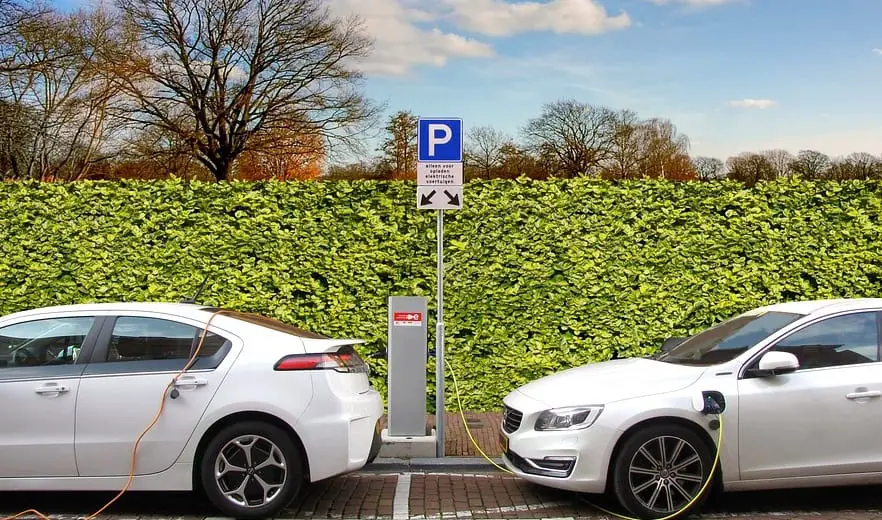
SEB to lead feasibility study of hydrogen fuel cells in Malaysia
November 10, 2017Energy company will be researching fuel cell technology
Sarawek Energy Berhad (SEB), an energy company based in Malaysia, will be leading a feasibility study concerning the use of hydrogen fuel cells. The company intends to discover how these energy systems can be put to use for various energy purposes. The Malaysian government is aiding the feasibility study as many government agencies have an interest in using clean energy to generate clean electricity.
Government continues to show strong interest in clean technology
SEB believes that its research into hydrogen fuel cells and how these energy systems can be used will play an integral role in forming Malaysia’s energy future. The government has become very invested in embracing renewable energy in order to cut emissions and become more environmentally friendly. Hydrogen fuel cells produce no harmful emissions, making them ideal energy systems for those looking to cut emissions. SEB is hoping to discover how these energy systems can be put to use in the most efficient and effective manner in order to help accomplish environmental goals.
Fuel cells may have a beneficial economic impact in the future
The energy company has considerable hydroelectric resources. SEB believes that this places it in a powerful position to study fuel cells and how they can be used. Over the course of the feasibility study, SEB will be collecting data on fuel cells and use this information to develop future technologies that can be used to produce clean energy. The company believes that fuel cells could eventually lead to economic growth for Malaysia, especially if these energy systems can be put into action in an efficient manner.
Hydrogen fuel cells continue to attract support in many countries
Hydrogen fuel cells are gaining more momentum throughout the world. These energy systems have begun to see the majority of their support come from the transportation space, where they are being used to power clean vehicles. Fuel cells can be used for other purposes, however, such as providing electricity for industrial projects and data centers.



 With over 15 years of reporting hydrogen news, we are your premier source for the latest updates and insights in hydrogen and renewable energy.
With over 15 years of reporting hydrogen news, we are your premier source for the latest updates and insights in hydrogen and renewable energy.
In the current context of ever-increasing global energy demand and serious climate and environmental issues associated with burning of fossil fuels, exploiting new low-carbon sources of energy is necessary for sustainable development of society. Harvesting solar energy, the most abundant and sustainable energetic resource available, appears as a viable solution. Solar energy can be captured and converted into electricity employing a solar cell. Alternatively, it can be converted to chemical energy stored within chemical bonds of highly energetic molecules, named solar fuels, via a photoelectrochemical process. Among possible solar fuels, hydrogen is an attractive candidate which possesses high energetic density per mass and produces only water as by-product when oxidized